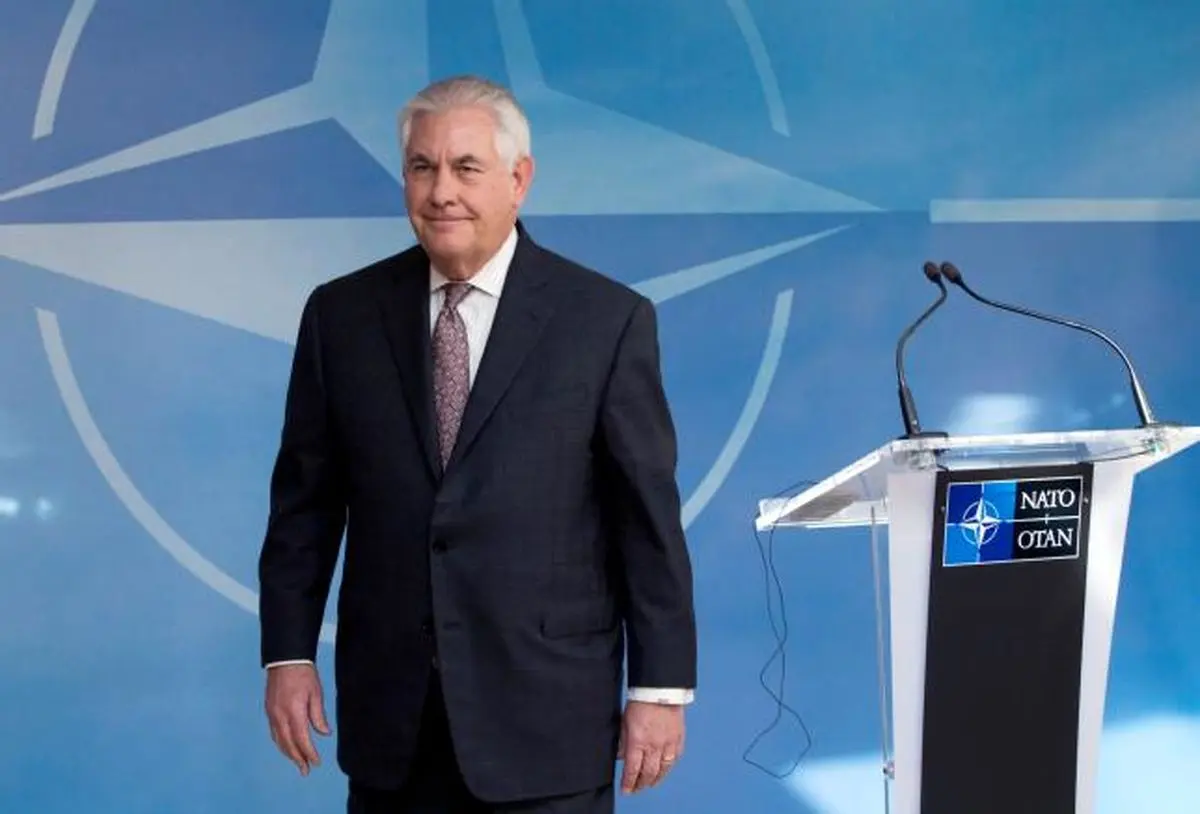Tillerson says he and Trump disagree over Iran nuclear deal

U.S. Secretary of State Rex Tillerson acknowledged on Tuesday that he and President Donald Trump disagree over the 2015 Iran nuclear deal, and said the two men discuss how to use the international agreement to advance administration policies; Reuters reported.
Trump at times vowed during the 2016 presidential election campaign to withdraw from the agreement, which was signed by the United States, Russia, China and three European powers to curb Iran's nuclear program in return for lifting most Western sanctions.
Trump has preserved the deal for now, although he has made clear he did so reluctantly after being advised to do so by Tillerson.
"He and I have differences of views on things like JCPOA, and how we should use it," Tillerson said at a State Department briefing, using the acronym for the deal, formally called the Joint Comprehensive Plan of Action (JCPOA).
Tillerson said that Washington could "tear it up and walk away" or stay in the deal and hold Iran accountable to its terms, which he said would require Iran to act as a "good neighbor."
The White House did not immediately respond to a request for comment on Tillerson's remarks.
Trump said in an interview with the Wall Street Journal last month that he predicts Iran will be judged "noncompliant" with the Iran deal at the next deadline in October, and that he would have preferred to do so months ago.
"There are a lot of alternative means with which we use the agreement to advance our policies and the relationship with Iran, and that's what the conversation generally is around with the president as well," Tillerson said.
New U.S. sanctions on Iran in July were a breach of the nuclear deal and Tehran had lodged a complaint with the body that oversees the pact's implementation, a senior Iranian politician said.
Tillerson acknowledged that the United States is limited in how much it can pressure Iran on its own and said it was important to coordinate with the other parties to the agreement.
"The greatest pressure we can put to bear on Iran to change the behavior is a collective pressure," he said.
END
